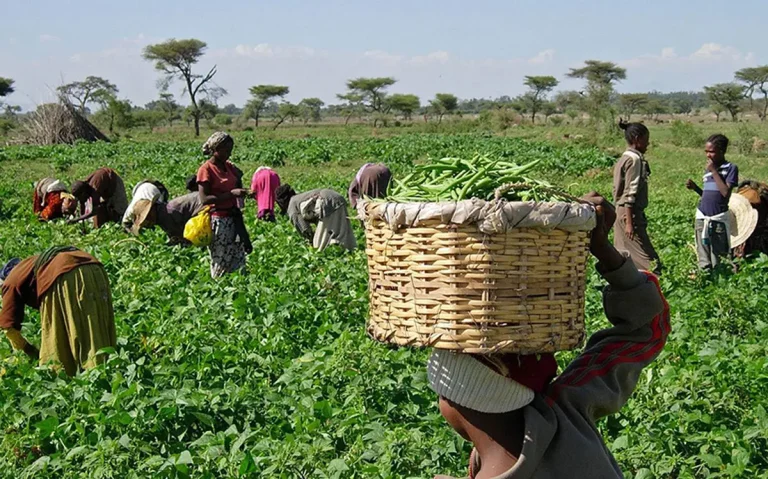The Nigerian Plant Breeders Association (NPBA) has stressed the urgent need for innovation in agriculture to tackle current challenges through selective breeding, cross-pollination, and hybridisation.
The NPBA President and Executive Director of the National Root Crop Research Institute (NRCRI), Umudike, Prof. Chiedozie Egesi, made this call at the NPBA National Conference on Thursday in Abuja.
The theme of the conference is, “Revolutionising Agriculture through the Integration of Plant Breeding Strategies and Modern Biotechnology”.
Egesi noted that the world’s population is projected to reach 10 billion by 2050, placing immense pressure on global food systems already strained by climate change, soil degradation, loss of biodiversity, and water scarcity.
He highlighted the integration of modern biotechnology with conventional plant breeding as a game-changer, offering a powerful partnership to reshape agriculture for generations.
“The NPBA recognises innovation’s potential and will foster transformational partnerships to drive progress.
“Our agricultural sector must produce more food on less land, using fewer inputs, whilst minimising environmental impact,” Egesi said.
He emphasised the opportunities for innovation in addressing these challenges, citing centuries of plant breeders’ meticulous work improving crop yields, disease resistance, and climate adaptation.
“The conference theme, “Revolutionising Agriculture through the Integration of Plant Breeding Strategies and Modern Biotechnology,” signals a new era in agricultural science.
“This era combines past wisdom with present realities to meet future demands.
“Participants, including plant breeders, scientists, and visionaries, seek to secure agriculture’s future through transformative work,” he said.
The Director General of the National Biotechnology Research and Development Agency (NBRDA), Prof. Abdullahi Mustapha, said the conference theme resonated deeply with our shared vision for a sustainable and food-secure future.
He identified biotechnology as a key tool for transforming agriculture and addressing national challenges.
Mustapha explained that by leveraging modern biotechnology and plant breeding, Nigeria could develop climate-resilient crops, enhance nutritional content, and boost agricultural productivity.
“NBRDA remains committed to supporting research initiatives advancing biotechnology and improving lives,” he said.



